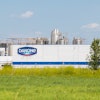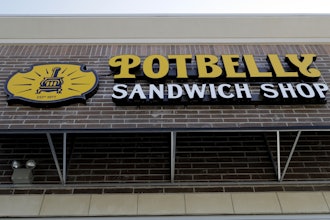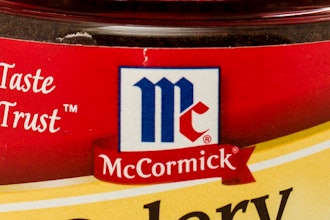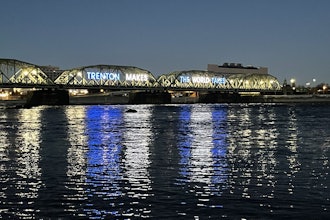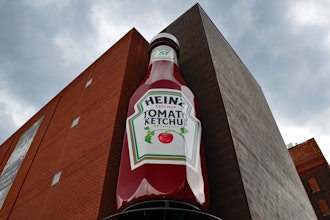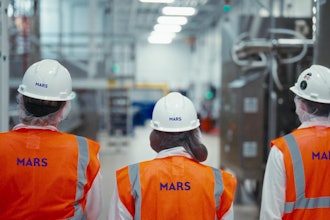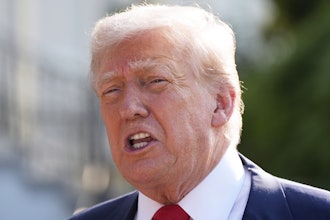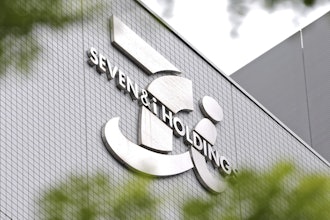
HARTFORD, CT — Governor Ned Lamont and the Town of Killingly announced May 12 that Frito-Lay, a division of PepsiCo, is embarking on a $235 million expansion project at its Killingly manufacturing site in a plan that includes the creation of 120 new jobs in the town.
“As we emerge from this pandemic, we are seeing Connecticut companies of all sizes increase their workforce and expand operations,” Governor Lamont said. “What is particularly significant is the fact that much of this growth is coming from companies like Frito-Lay that already have a presence here and know first-hand the benefits of doing business – and investing – in Connecticut.”
Frito-Lay’s Killingly site began operations in 1980 with just 200 employees, and currently employs approximately 740 full-time associates at the site.
Through the project, Frito-Lay will expand its existing manufacturing facility and warehouse, as well as add two new Cheetos manufacturing lines. This is the first time that Cheetos will be manufactured by Frito-Lay in Connecticut.
The building expansion is set to begin in spring 2022 and the project is expected to be complete in the second quarter of 2024. The project will require local zoning approval, and the Killingly Town Council will receive an informational presentation on the project from Frito-Lay at its special town council meeting on the evening of May 12.
“We are very excited to celebrate Frito-Lay’s continued success and expansion,” Killingly Town Manager Mary Calorio said. “This is more than an investment in a building and equipment. This is an investment in people and their careers. We applaud Frito-Lay for its consistent dedication to the Killingly community and region.”
Connecticut Innovations, the state’s strategic venture capital arm, is supporting the project by providing up to $5.5 million in sales and use tax exemptions on capital equipment and construction materials.


